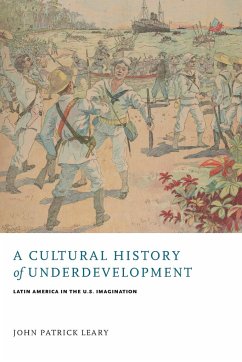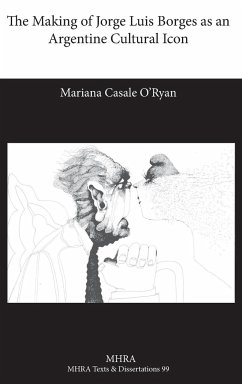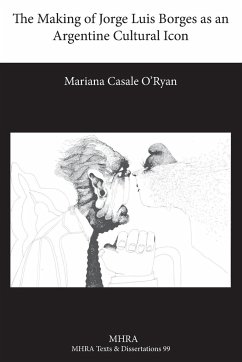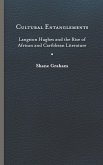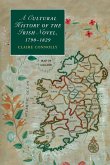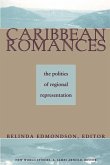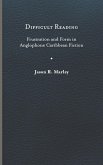A Cultural History of Underdevelopment explores the changing place of Latin America in U.S. culture from the mid-nineteenth century to the recent U.S.-Cuba detente. In doing so, it uncovers the complex ways in which Americans have imagined the global geography of poverty and progress, as the hemispheric imperialism of the nineteenth century yielded to the Cold War discourse of "underdevelopment." John Patrick Leary examines representations of uneven development in Latin America across a variety of genres and media, from canonical fiction and poetry to cinema, photography, journalism, popular song, travel narratives, and development theory. For the United States, Latin America has figured variously as good neighbor and insurgent threat, as its possible future and a remnant of its past. By illuminating the conventional ways in which Americans have imagined their place in the hemisphere, the author shows how the popular image of the United States as a modern, exceptional nation has been produced by a century of encounters that travelers, writers, radicals, filmmakers, and others have had with Latin America. Drawing on authors such as James Weldon Johnson, Willa Cather, and Ernest Hemingway, Leary argues that Latin America has figured in U.S. culture not just as an exotic "other" but as the familiar reflection of the United States' own regional, racial, class, and political inequalities.

